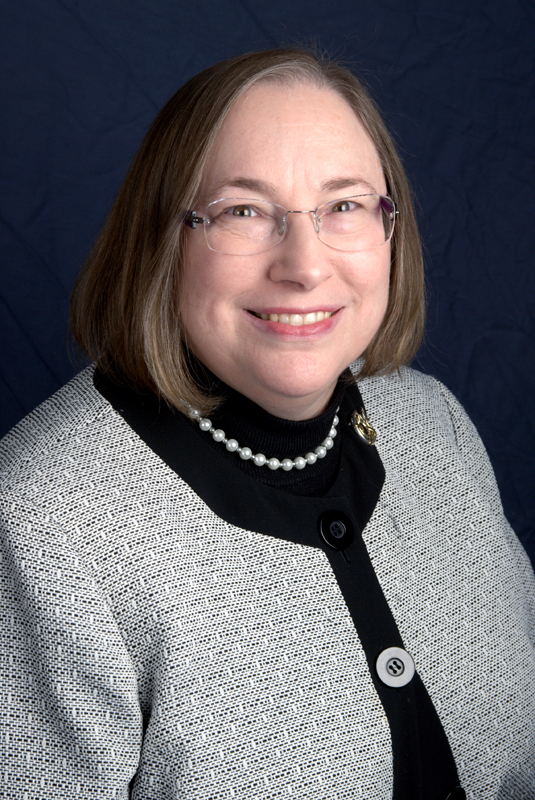The Central Conference of American Rabbis (CCAR) today released a study on Rabbinic Compensation by Gender. The executive summary provided by the CCAR in many ways states the obvious: there is a salary discrepancy between men and women, and that discrepancy increases as congregational size increases. No great surprise there. What is exceptional about this study is the raw data that it provides to document that disparity and to highlight exactly where that disparity is most noticeable: “Differences in senior/solo base compensation by gender are markedly less among “A” category congregations, which can be served by newly ordained rabbis (female is equal to 93% of male), than among “B” congregations where rabbis must be ordained at least three years (90%) or “C” congregations, minimum ordained five or more years (80%), or even “D” congregations, minimum eight years since ordination (89%).” In a conference call today with members of the CCAR, it was noted that this data does not consider geographic location, benefits beyond salary and parsonage, length of service in the congregation, or years of experience in the rabbinate. These factors may be significant in really getting our hands around the data, and some of that analysis will become available in future years. Nonetheless, there is enough data for us to know, with certitude, that we have a problem. Interestingly, the focus of the CCAR response to this issue is on training for women rabbis to help them become more effective negotiators. That may be a very practical and helpful approach. However, it makes me a little uncomfortable to presume that the ‘problem’ is women’s skills in this arena, rather than something endemic to our system. Clearly, further study will be needed going further and we need to continue to drill down into the data to get a handle on what is really going on. The information about the CCAR salary survey is a reminder to all of us that, despite all the gains of women in Jewish professional life, there is still much to be done to achieve full equality and pay equity within our community. I am grateful to those who brought this information to light and, speaking for WRJ, we will work together with other leaders of the Reform Movement to address the challenges raised by the survey. Even as we continue to advocate for full rights for women in the public arena, we need to prioritize efforts to get our own house in order.
Related Posts

Continuing to Educate and Empower People Together

My Challah-Making Experience


